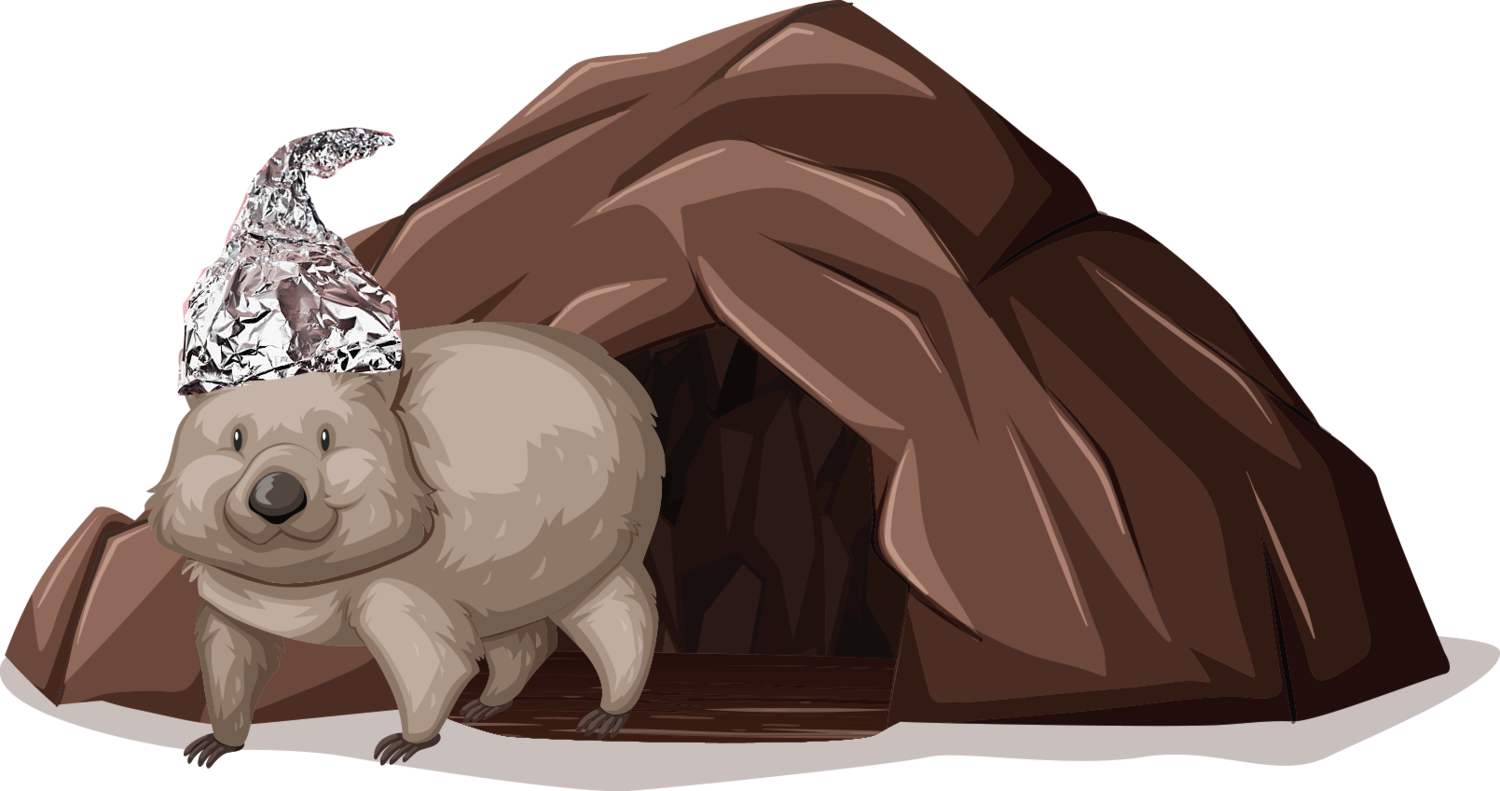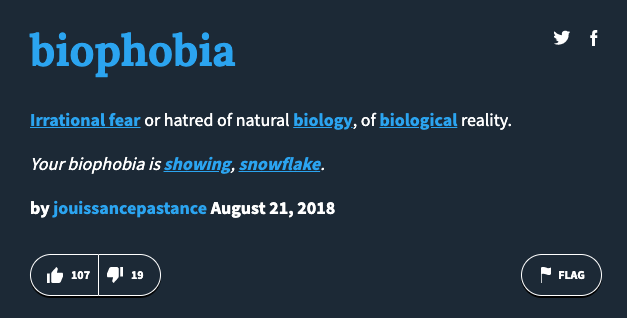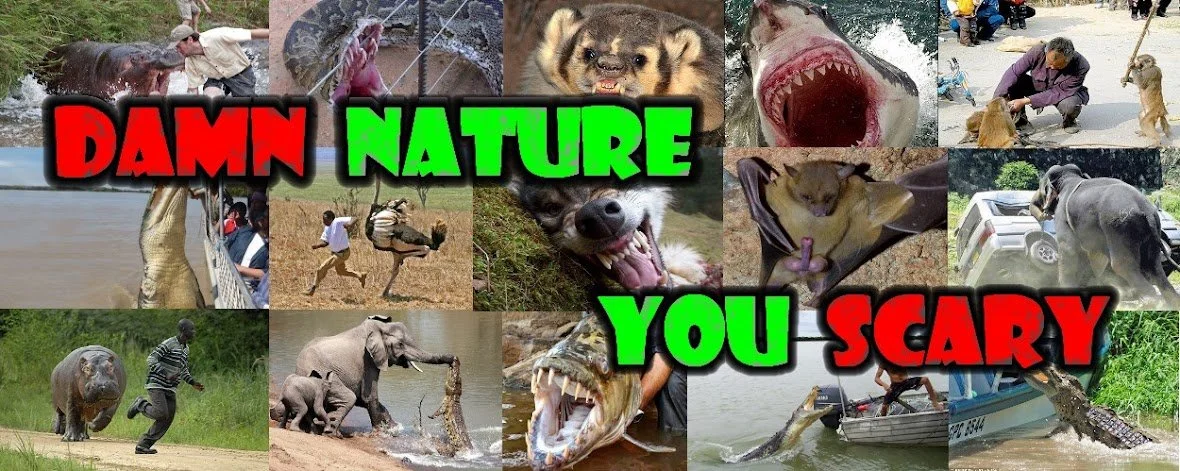Biophilia, Biophobia and Western Fragility
If you thought racism and homophobia were bad, wait ’til you find out how many people are prejudiced against nature.
During the 6ish-year extent of my PhD, I came across a rather unfortunate sounding but fascinating concept: Biophilia.
Not quite the M-rated tree-hugging images that the name might evoke, the concept describes the innate tendency of humans to react positively to the natural environment. Or, more simply, as its etymology implies, it means to love nature: to be affiliated with it, to appreciate it, to want to be around it, to find beauty and solace in it.
It wasn’t the word itself that intrigued me, but the fact that it actually existed — do we really need a fancy name to affirm that being in a natural environment is preferable to an artificial one? Are we really that far down the transhumanism timeline already?
Well, yes, clearly: as the last 2 years have indicated splendidly.
Here is another potential interpretation of Biophilia: how far up its own backside has the academic world ascended that it feels itself enlightened enough to present a basic reality to us plebs as a profound scientific hypothesis?
One might see it as further evidence that much, if not most, of academia now exists as a heroic yet amusingly un-self-aware journey back to basic and incontrovertible truths found within nature — lost as it is in the moral relativity and solipsism that it is still doing its best to enforce on the world.
Having got that out of the way — and, to be fair — much of the research that underlies “Biophilia” is fascinating: revealing much about our current predicament (there is, for example, an even more problematically-named variant called “Urgent Biophilia”, which suggests our need for nature is heightened to often critical levels during times of acute stress and adversity).
The term was originally coined by biologist Edward O. Wilson in the late 1980s. Wilson — who I’d rather not do a background check on to see if he was a Freemason — came at things from an evolutionary perspective: we have acquired, through our distant ancestor’s ways of life, certain dependencies on certain natural environments that were once essential to our survival.
This leaves open some wriggle room for the transhumanists, who can (and do) argue that this tendency is, not unlike our appendix, actually “vestigial”: a remnant trait of a prior evolutionary state that no longer serves a functional purpose. If we can only leave behind these mental shackles and physiological baggage of being beholden to Gaia and her oppressive laws, we could be free to explore the full realms of what it means to be our own individualised and independent species.
While our mate Willy has a few red flags (not surprisingly, in our current identified times, his beliefs have been called racist) I’m giving him the all clear for now. Communicated through his writings is the belief that the human bond to nature extends beyond the material — that this affiliation also exists in the spiritual — and that the rejection of this bond underlies our current destructive impact on the natural world. Plus, he also triggered the Marxists.
Nonetheless, there is still much to explore in his theories from a conspiracy perspective.
One of the most interesting aspects of Biophilia research, certainly for someone ever-alert for the ever-present whiff of satanism, is in the study of its inversion: that is, when exposure to natural environments elicits negative emotions. This has been termed, appropriately, Biophobia.
When we use this term, we are not talking about a young lady walking home through a park at night, or the incredible hostile experience of walking through Australian bushland in the middle of summer, or any other completely valid, context-specific examples of nature being scary AF. We are talking about a more generalized, irrational fear of what nature represents: its wildness, its hostility, its chaos.
There are many explanations for the bewildering behavior of the hardcore ‘Rona believers, but few seem more appropriate to me than an alarming outbreak of biophobia: the collective expression of a fear of nature itself, and the existential threat it poses to us.
Now, we have to remember here: these people are not even biolabists. They don’t even have the excuse of believing that the biological pathogen in question is not actually natural, but artificially induced. They believe it came directly to us from nature: a special delivery wrapped in spiked ribbons, delivered by a bat or whatever exotic animal they felt would be fun to blame this time.
How does an individual arrive at such an inverted state? Where could such a fundamental, irrational fear of nature arise? That is quite a question to ponder.
Has it been planted in to us, as one of the most insidious propaganda artefacts of our increasingly transhumanist society? Could it emerge from repressed prejudices against Creation itself, perhaps derived from childhood trauma of exposure to a Divine/God entity removed from Natural Law? Is it more simply a result of children being raised in high-density urban landscapes with few opportunities for safe yet challenging nature experiences during their formative years of development?
Wherever it came from, it is not ok. It is not ok to exist in a world that you believe is perpetually out to get you — whether that entity be a virus or a satanist. It is not ok, more generally, to believe that the external world poses any kind of threat to us if we have our own inner world under control.
While no doubt tragic for the afflicted people in question — and annoying for the rest of us, given it is their fear that has permitted the bollocks restrictions that have impacted the rest of us — there is also a rich and enjoyable irony to our Western biophobia pandemic that deserves to be appreciated.
In case you haven’t noticed, the parts of society that have been afflicted as such, more than often have a tendency to accuse others of irrational fear of the unknown.
If you are against immigration and cultural diversity, you are called xenophobic. Against changing the legal definition of marriage to include same sex partners, you are called homophobic. Against biological men playing women’s sport: you are called transphobic. Etc.
In other words, if you hold such a position, you possess a deep seated fear about what the entity in question represents to the stability of society.
Maybe all these things are true — cbf getting in to any of those debates right now. But if they are true, then we need to have a good hard look at what other shadow prejudices our society is holding on to.
How about this one: if you are afraid of microorganisms, you are biophobic.
If you still don’t see the word antibiotic as inherently satanic, you are biophobic.
If you still believe the natural world has the capacity to pose an existential threat to humanity if not kept in check by human ingenuity… well, you are most certainly biophobic, and you might consider seeking psychological help.
And this doesn’t just apply to the woke brigade. If you still think viruses are the cause of human illness, if you believe they can be transmitted from person to person in a way that potentially makes a perfectly healthy stranger a threat to another stranger simply by being in their proximity, if you believe their biology can be hacked to make such transmission even more of a threat… you are still biophobic — even if you also believe the pandemic was a scam.
And if that triggered you… well, maybe that is just your repressed Western fragility showing itself.
This woke rubbish is quite fun, I have to admit.


